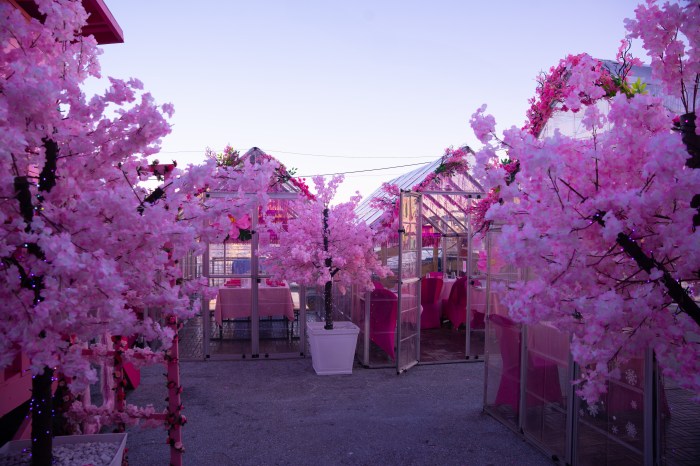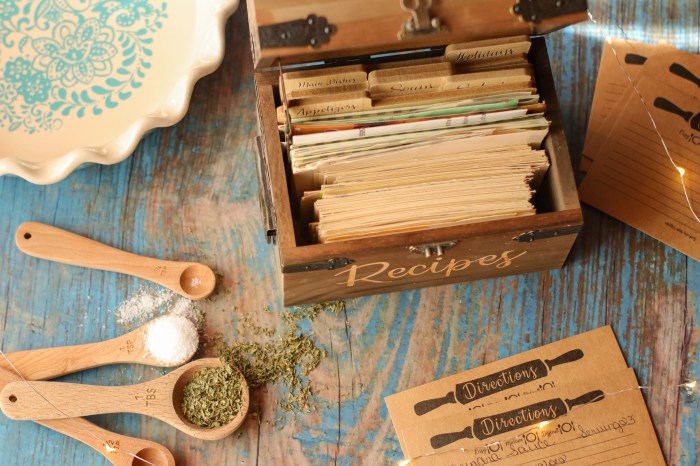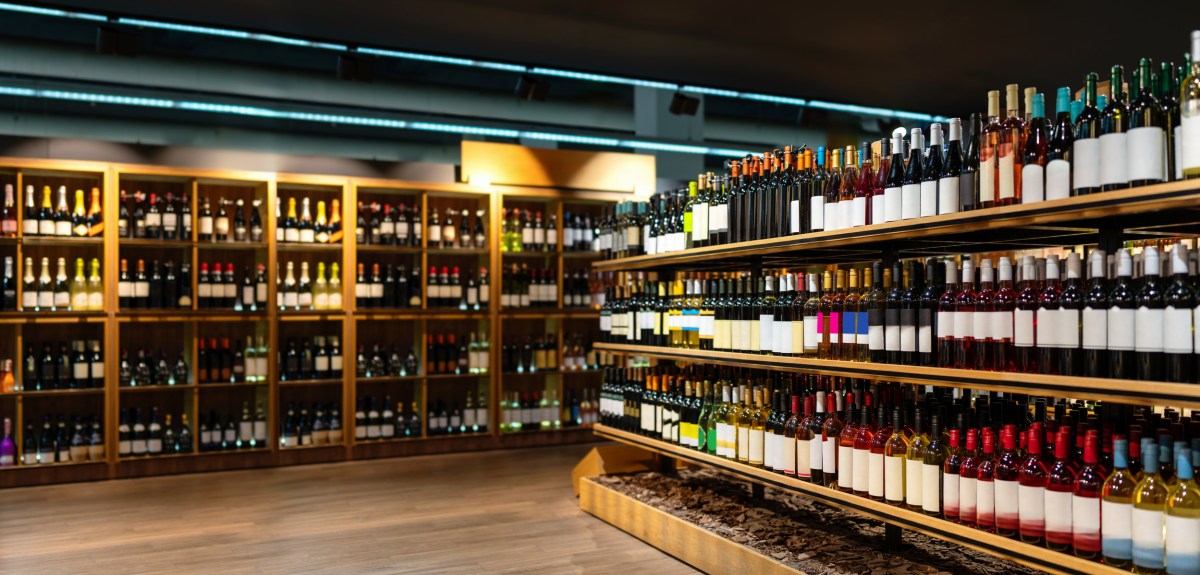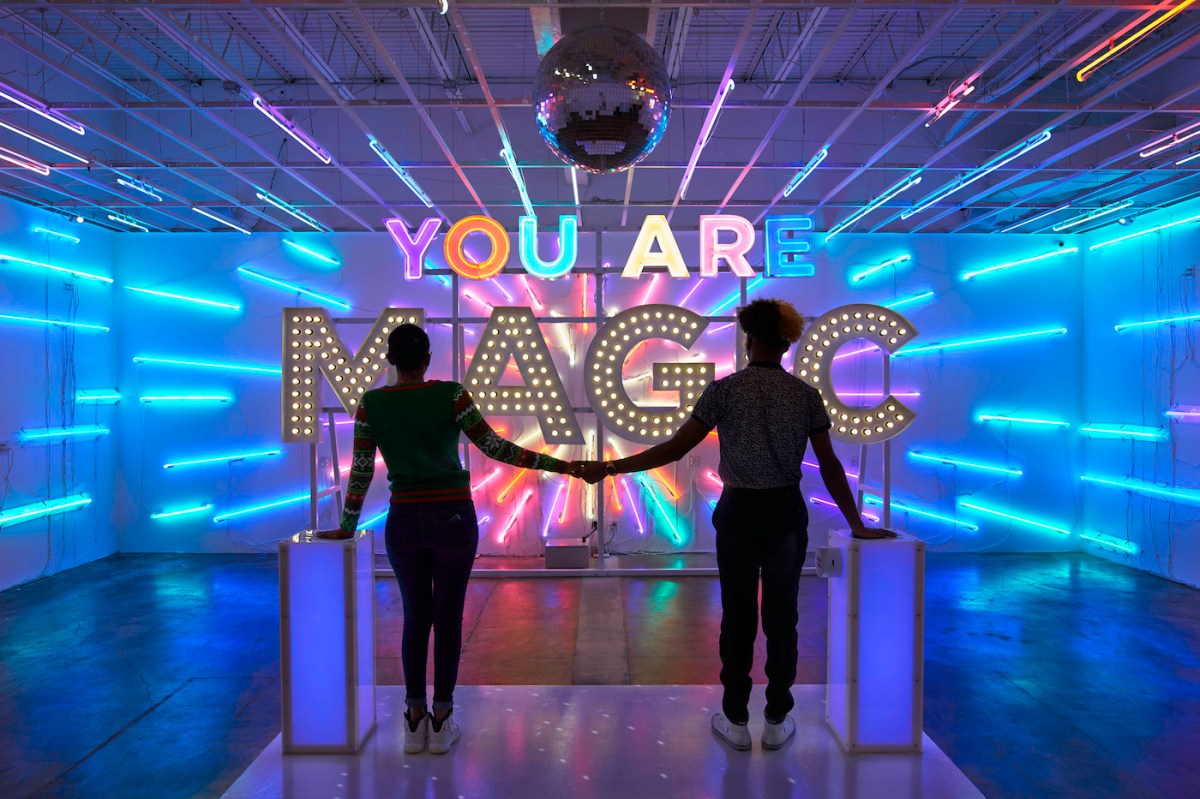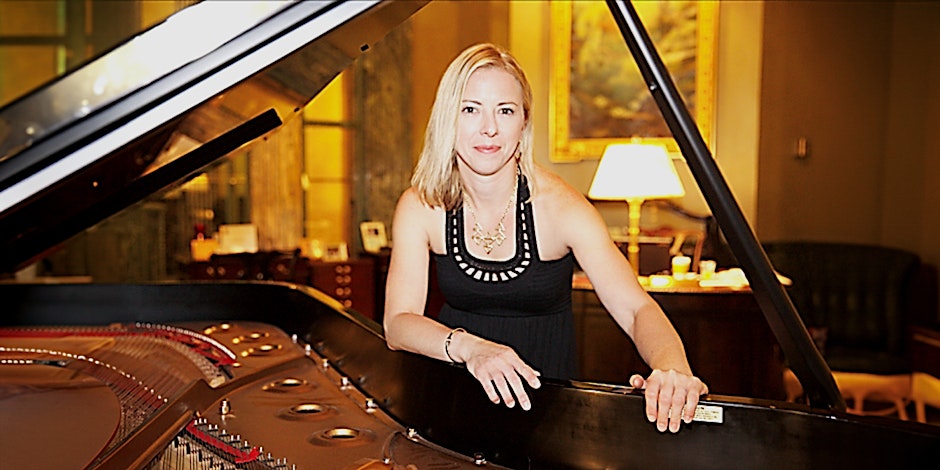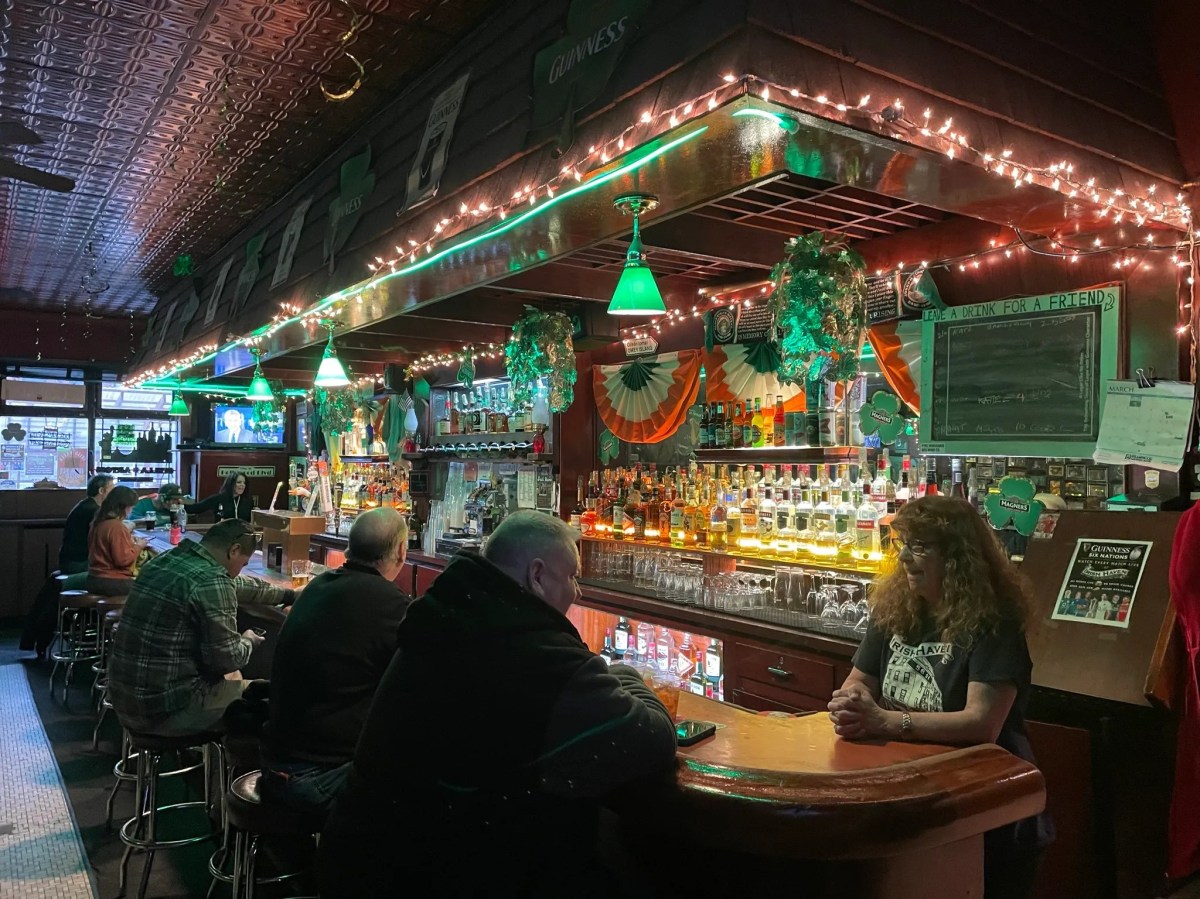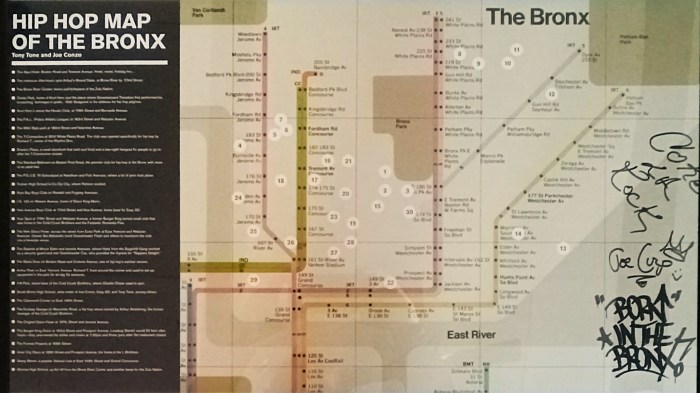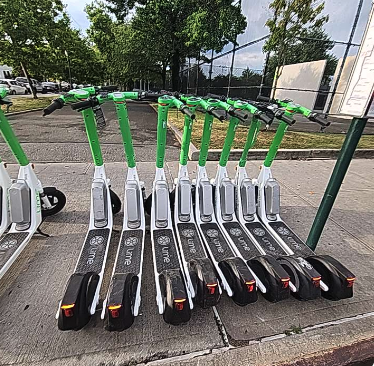
Any New Yorker visiting family out of state knows that the best perishable gift they can bring is bagels.
What makes a New York bagel so irresistible? Its golden and crispy skin and chewy, dense inside.
And what makes it so difficult to replicate anywhere else in the U.S.?
Folklore credits the unique chemistry of New York tap water, which is why one New Jersey-based water filtration company is now marketing a suitcase-sized system it says will recreate the H20 city bakers use, anywhere in the world.
New York WaterMaker founder Paul Errigo, 49, calls water — a key ingredient in any bread dough — “the secret to New York bagels.”
At the International Pizza Expo in Las Vegas last month, the Staten Island native unveiled a suitcase-sized device that he says filters, softens and disinfects water to replicate the characteristics of the kind that gushes out of your New York City faucet. His company plans to license the equipment to pizzerias, bagel shops and other restaurants for less than $8 a day.
According to Errigo, water is “probably the largest factor in the overall taste” of your favorite bagel.
“There’s a ton of bagel stores that ship New York City water all up and down and all around the country, just to have authentic New York City bagels,” says the entrepreneur, whose new company is the offspring of GreenCrown Water Systems, an enterprise that installs large water filtration systems in skyscrapers and other tall commercial buildings.
Just how much water does Errigo’s pitch hold? We’ve asked and answered all the questions you might have below:
What makes New York City water so unique?
New York City gets its drinking water from 19 reservoirs and three lakes in the Hudson Valley and Catskill Mountains — as far as 125 miles away from the five boroughs. Those sources contain relatively small natural deposits of calcium and magnesium, elements that, when dissolved in water, contribute to its “hardness.” Especially low concentrations of calcium and magnesium in New York water makes it some of the softest in the country.
On its way into the city, it’s disinfected with chlorine and UV light. The NYC Department of Environmental Protection also adds sodium hydroxide to raise the water’s pH, a measure that protects the corrosion of household plumbing.
How can those qualities impact bread dough?
Calcium and magnesium impart a bitter taste, so the soft water in New York is definitely more palatable than the harder stuff.

The mineral content of water also affects the gluten in bread dough, according to the American Chemical Association. New York City water contains an ideal quantity of dissolved minerals, which strengthen the gluten in breads made here just enough to produce the chewy texture, neither too hard nor too soft, that New Yorkers expect.
The pH of our local drinking water — around 7.2 on the pH scale, or just a bit above neutral — also makes a difference. Liquid that’s either too acidic (or too far below 7) or too basic (above 7) can disrupt the fermentation process as yeast digest the sugars in the flour to produce alcohol and carbon dioxide, altering the dough’s rising process and/or its flavor.
Ok, but just how important is the water when it comes to making the perfect New York bagel? Are you telling me it’s impossible to make one without using city tap water?
“The truth is, there are very few ingredients in bread, so the reality is everything impacts the bread — every ingredient, every technique,” says Jansen Chan, director of pastry operations at the International Culinary Center in Manhattan.
The country’s top bakeries actually already filter their water for impurities, bacteria and dissolved minerals, although their filtrations systems are typically much larger than the model New York Watermaker is licensing.
But H20 is far from the only element that can make or break a bagel, Chan adds.
First of all, there’s geography: “Because it is a live product, where it’s living [and the climate there] actually impacts the flavor just as much.”
Then there are the techniques involved. A long fermentation process in a cool place is ideal for bagel dough that’s already been shaped; that gives the yeast time to ferment and release up to 50 compounds that give bagels their nuanced flavor. Once the dough has had time to “proof,” the bagels are boiled for anywhere from 30 seconds to three minutes, a step that pre-gelatinizes the starch and seals in the flavors before they’re baked in the oven.
”New York bagels are typically boiled a little bit longer, which creates a little bit of a skin and gives it that more distinct chew that New Yorkers love,” Chan says. (We asked, and no, the type of water used for boiling has no effect on the flavor because the dough doesn’t absorb any liquid as its surface hardens.)
“At the end of the day, it’s the sum of the parts that really make the bagel,” says the pastry expert. “I think everything, the flour, where they’re at, and the actual techniques — those factors are just as important as the water. It’s not just water that defines the bagel.”
If you were to conduct a taste test, making two bagels with all other variables constant besides the water, Chan predicts that “most palates could not tell the difference.”
So if that’s the case, are there actually out-of-state bagel shops importing New York water for their baking purposes?
At New York Water Bagels in Tom’s River, New Jersey, Suzanne McLean and her husband, Brian, have been using New York spring water in their dough since they opened their shop eight years ago. The couple makes 13-hour round trips every six months to an upstate New York distribution center, where they pick up a truckload of five-gallon bottles.
“I’m a Jersey girl, and I never believed there was a difference until I went to Brooklyn with my husband, and tasted the bagels and pizzas there,” Suzanne McLean, 55, says.
The McLeans are excited about testing out the new New York Watermaker system because they anticipate it will save them the time spent traveling and money on bottle storage, gas, tolls and lost income.
Plus, “it’s going to make life a whole lot easier — you can just turn on the tap and the water will be there,” Suzanne McLean adds.
Is Errigo’s company the first to try to recreate New York water?
The New York Watermaker founder — who made a pitch for his product on the Wednesday night premiere of the CNBC reality show “Staten Island Hustle” — says that his filtration system is, “in humble opinion, going to change the world.”
But his Belleville, New Jersey-headquartered firm isn’t the first to pursue the quest of bringing New York tap water to the rest of the nation without the shipping costs.
Before opening Rosenberg’s Bagels and Delicatessen in Denver, CO in 2014, New Jersey native Josh Pollack spent a year sending water samples from across the New York City metro area to Colorado State University, where scientists could break down the elemental composition. He then hired a local filtration company to build his shop a system that would adjust mineral levels in Denver tap water to match those in the New York samples. “The sizable effort and expense have paid off,” the New York Times declared in 2015. “The bagels are chewy and flawless.”
Predating Rosenberg’s Deli is the Florida-based Original Brooklyn Water Bagel Co. chain, which says its proprietary, 14-step water treatment system, on display at franchises across the state, has “revolutionized the bagel-making process from start to finish” by replicating the natural composition of Brooklyn tap water. Founder Steven Fassberg, who launched his company out of Delray Beach in 2007, hails from Canarsie.
Not everyone has bought into the company slogan, “It’s all about the water.” In 2012, a franchise owner sued the business, saying claims that its filtration system could really “Brooklynize” water were fraudulent.
“If they have it right or perfect, I don’t know,” Errigo says of his competitor’s filtration process, but he’s confident that his compact system, which can be hung on a wall or hidden beneath a counter, has the edge over Fassberg’s larger one when it comes to expensive storefront real estate prices.
“I say we have no competition.”



